CRAFT is Working – Despite a Relapse

An Allies in Recovery member wrote in with this bittersweet account. She shares with us her daughter’s words and feelings, confirming that she clearly felt Mom’s love, respect and support… even when Mom felt she might be holding too tightly to her boundaries and thus damaging their bond. The bitter note is that her daughter recently returned to the drugs and to the bad-boy boyfriend, also an opiate user. If you’d like to read some compelling proof that CRAFT is working, even when you’re not sure it is, read on…
with Dominique Simon-Levine, Reviewer
and Louise Stillman, Editor
This question originally appeared on the Allies in Recovery Member Discussion Blog, where experts respond to members’ real-life questions and concerns.
“My 21-year-old daughter wrote me a letter when she was in treatment recently. In it she says:
‘I just really want to tell you how grateful I am for your continuing love and support throughout the last 6 months. [She had relapsed 6 months prior.] It literally means everything to me…You’re so careful not to enable me, but to just LOVE me no matter what, or no matter where I am…I could always feel your strength within me. That’s what gave me the courage to say enough is enough, honestly…’
To me, this illustrates how she experiences my CRAFT approach: compassion for her struggle, positive behavior reinforcement (“enable” behaviors I want to see, not those that support drug use), help to access treatment, and my own self-care.
All those nights, when I refused to Apple Pay money for food when she was “starving” were okay after all — our relationship stayed intact, and she knew, despite my boundaries, that I still loved her. I recall an afternoon this spring when I invited her over for something to eat (instead of sending her money) and she looked very ill. She was experiencing withdrawal from opioids: pale, sweating, chills, restless legs, runny nose, irritability. She begged me for money between sobs, but I refused, telling her I could not risk paying for drugs that resulted in an overdose. (She uses pressed Oxys with fentanyl.) It was gut-wrenching. I wanted to take her pain away.
Instead, I watched from inside the house as she drove away in a car I’d never seen before. I thought my relationship with her would never be the same. I worried that I would not hear from her for a while. But she texted me within 24 hours, and came over another time that week for dinner with me and her brother, social-distanced on the porch.
I’ve been on this CRAFT journey for 2 years. I still make mistakes. But by loving her, and understanding her behavior, and checking in with myself about what I’m willing/not willing to do, and finding ways to stay connected with her, and taking care of myself whenever possible, I have managed to survive.
Three weeks ago, she left treatment and returned to her boyfriend, a longtime heroin/fentanyl user. I won’t lie — it knocked me down hard. Harder than any previous relapse. When I feel despair, I try to remember that she and I are still connected, despite this illness that wants to pull us apart. Moreover, she has accessed treatment several times since she got very sick in fall 2018. For that I’m grateful.
I hope this provides some comfort to those of you who wonder if CRAFT is helping or not. In my experience, while not always visible, it IS helping.”
The whole Allies in Recovery community feels for you so deeply.
Our reply to the Allies member:
The entire community here at Allies in Recovery feels for you, with this recent crash of a wave that you were both surfing gloriously for months. We commiserate with you as you grieve the end of this particularly promising chapter of your daughter’s recovery journey. And we stand by you in solidarity and optimism, looking towards the horizon and visualizing her climbing back out of the trap she has fallen back into for now.
We also want to thank you so very sincerely for your generosity. Despite the heartache you are feeling, despite how hard this reoccurrence knocked you down, you took the time to share with us all some invaluable and encouraging proof that the CRAFT approach is working.
We’d like to make an important point here for all of our site users and to anyone who uses the CRAFT approach: according to an important published study in JAMA, between 40 and 60 percent of substance users will endure a relapse. This sad fact does not mean that that work you are doing has failed. You staying connected and in there, through and after relapse, is so important – for your loved one’s eventual recovery, and for you.
Anyone who has been dealing with addiction in a loved one for a long time will relate to this situation.
As they say in Al-anon: “You didn’t cause it, you can’t cure it.” But differently from Al-anon, we train you in productive ways to engage with your loved one who struggles with addiction – not just to disengage. What you, dear reader, can do is what our site member and everyone who works CRAFT has done: make your side of things as good as they can be, despite the rollercoaster. Working this process will improve the outcomes in the person with addiction and with you, the family member.
Remember, according to peer-reviewed studies, CRAFT has a success rate of 64% to 74% of engaging the loved one into recovery, compared to a well-known “intervention” approach (23%) or a 12-step facilitated approach (12% to 17%). They are also far more likely to stay in recovery. But relapses happen.
Your daughter’s message shows how well you’ve been sticking to the principles of CRAFT, and even succeeding, despite her current relapse.
In your comment, and in your daughter’s message that you quoted, I can clearly see how the foundations of your relationship were protected, and remained intact, despite the fact that you were making the difficult but CRAFT-y choices of:
· not enabling her drug use (offering a warm meal at home vs. “money for food”)
· not giving in to pressure or emotional blackmail despite her obvious suffering and desperation
· not burning bridges by judging her self-destructive choices, but painstakingly adding bricks to the bridge between you, lovingly sweeping that bridge every day and lighting its lanterns every night, rekindling the faith, again and again, that she would come walking over the bridge towards you when she was ready…
What’s learned will not be unlearned
She may currently be choosing to go against all that she learned in this last, significant treatment episode. But the teachings, the learnings, are within her, working invisibly, expanding and quietly reminding her of a different life that is possible.
As you said, it is truly promising that she has been in treatment several times in 2 years. Every day she spent in treatment is a day without drug use, and another weight on the scale, competing with and counterbalancing her using behaviors, relationships and habits.
You said it best
As I read and reread your message to the Allies community, tears keep coming to my eyes. They are equally tears of empathy, and tears of inspiration.
I am moved to quote you back to you. These are powerful words, speaking of powerful growth and understanding, powerful Love and powerful dedication to your daughter but also to your Self:
· “It was gut-wrenching. I wanted to take her pain away. Instead, I watched from inside the house as she drove away in a car I’d never seen before. I thought my relationship with her would never be the same.”
· “…by loving her, and understanding her behavior, and checking in with myself about what I’m willing/not willing to do, and finding ways to stay connected with her, and taking care of myself whenever possible, I have managed to survive”.
· “When I feel despair, I try to remember that she and I are still connected, despite this illness that wants to pull us apart. “
And let us end with your daughter’s beautifully moving words:
“I could always feel your strength within me. That’s what gave me the courage to say enough is enough…”
She has said “enough is enough” several times, she can do it again. We all join you in praying she will. You are on the right path. Thank you for taking the time to share with us during this time of pain and disappointment.
What does it mean that CRAFT is “working?” Even in the face of relapse?
CRAFT is a behavioral approach to help you manage your loved one’s addiction. It’s not a cure.
There are no guarantees anyone can ever make that your loved one will get and stay in recovery. Recovery is a journey with its ups and its downs. What CRAFT working means is that you are communicating better, and that through all the learning, throughout this process, you stay in the struggle to and have a real, two-way relationship with your loved one.
We’ve witnessed, while helping hundreds of families through this process, that staying in it and improving your relationship can make a big difference. It can also truly help your loved one into recovery – studies show that doing CRAFT is more effective than almost any other recovery approach – including keeping them in recovery. It will also help you to know that you really worked on it, in a productive way, and that you are doing all you can to get things to a better place for both you and for your loved one who struggles with addiction.
We are here to help.
Allies in Recovery provides support and guidance on how to identify and cope with the flood of emotions you are feeling. The CRAFT method teaches you the strategies and skills to engage your loved one on a path to recovery. At Allies we provide you with information critical to understanding your loved one’s alcohol/drug addiction, and train you in the important role you can play in guiding them to recovery.
A membership at Allies in Recovery.net brings you into contact with experts in CRAFT and the field of recovery and treatment for substance use. Our unique, award-winning learning platform introduces you to CRAFT and guides you through the latest in evidence-based techniques for unblocking the situation. Together we will move your loved one towards recovery.
To sign up for the Allies in Recovery.net eLearning program, click here. If you decide at any time it’s not for you, the membership fee is fully refundable.


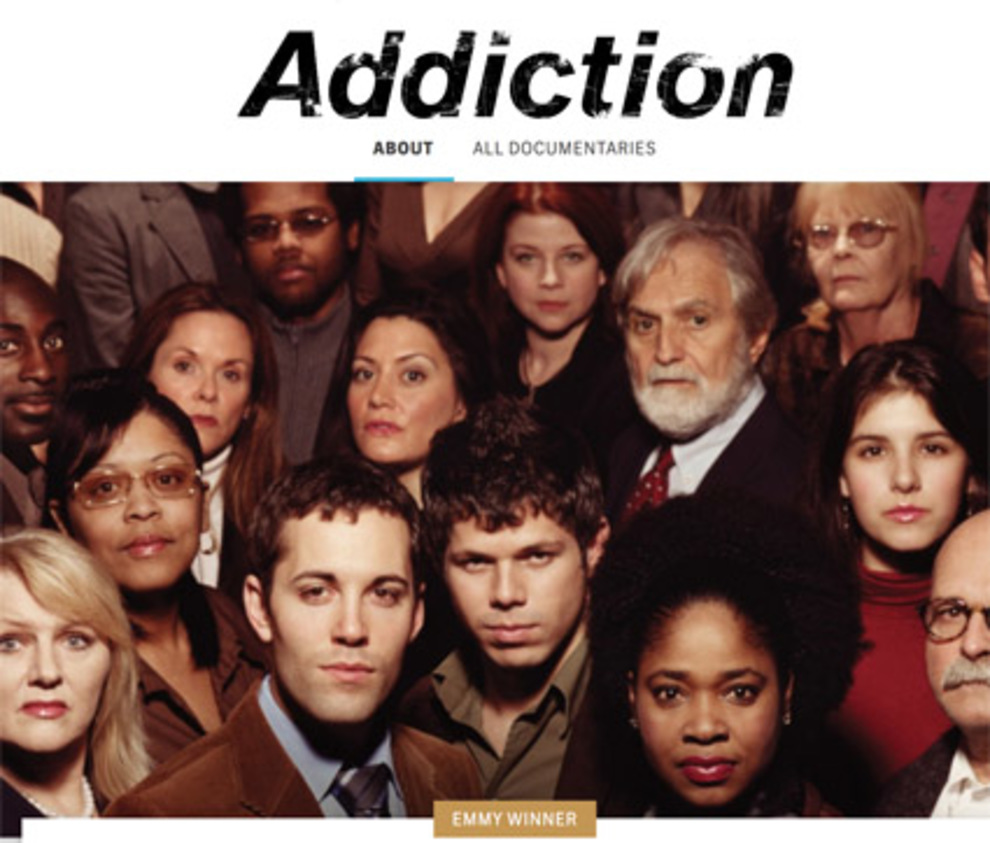



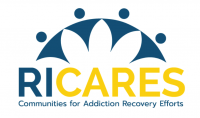

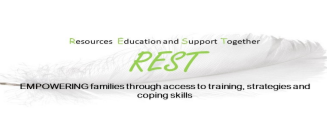






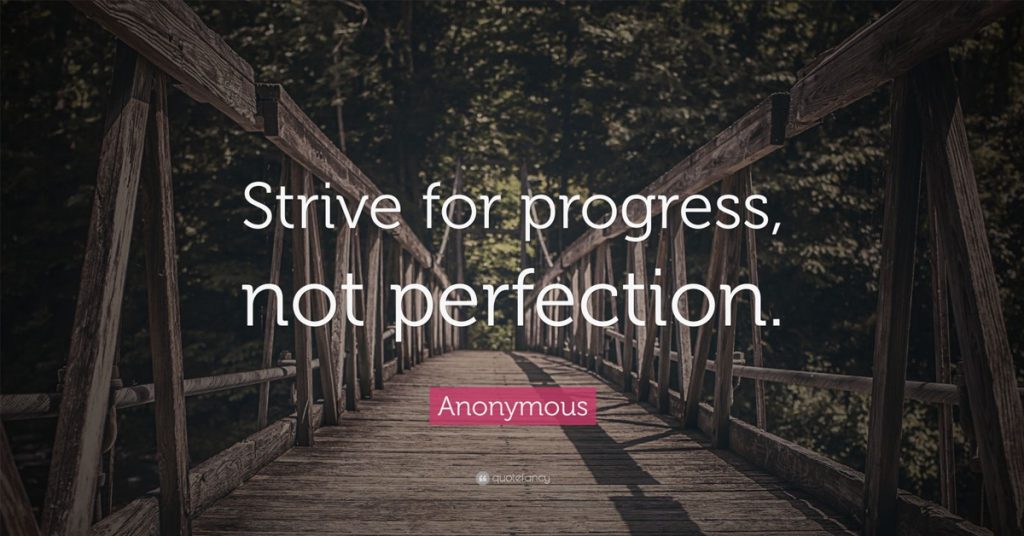


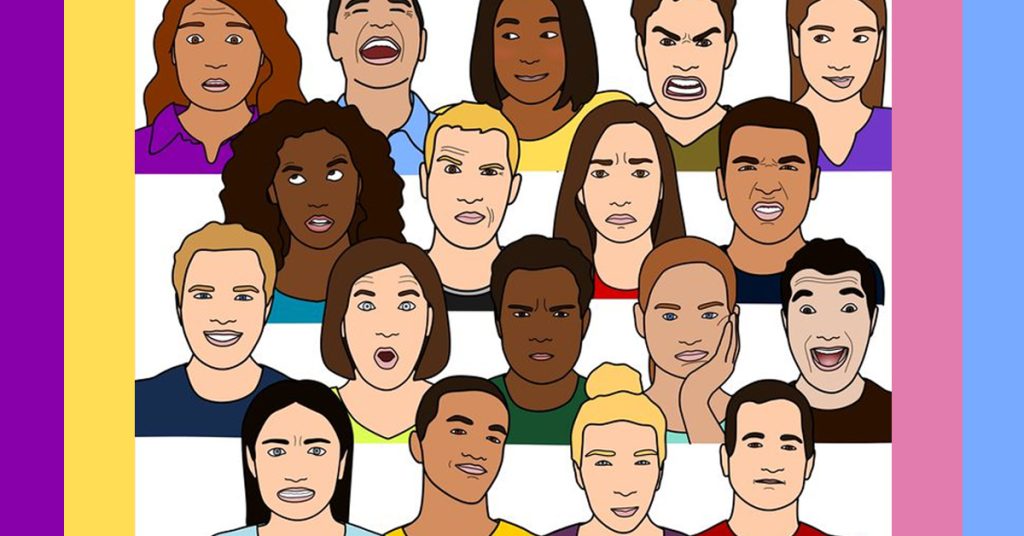

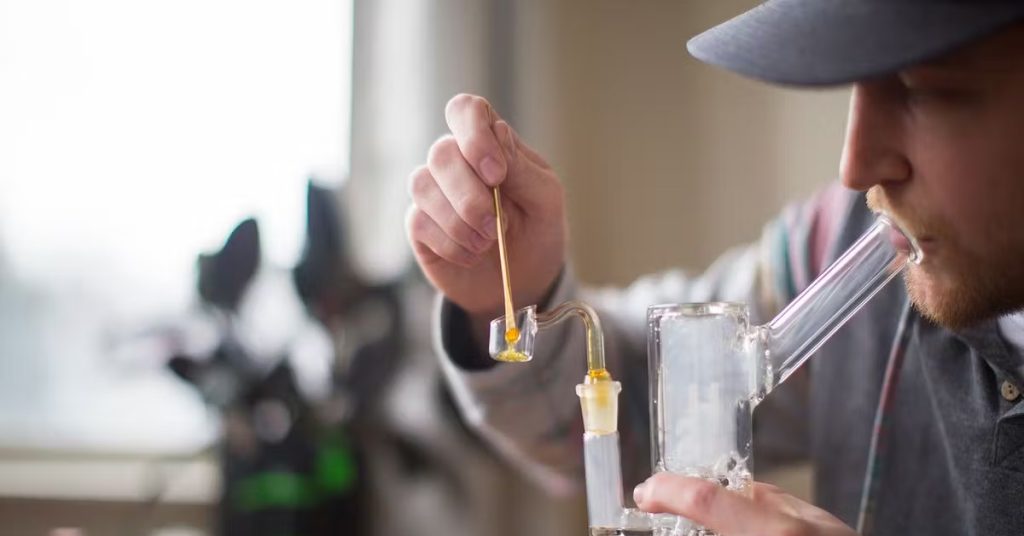
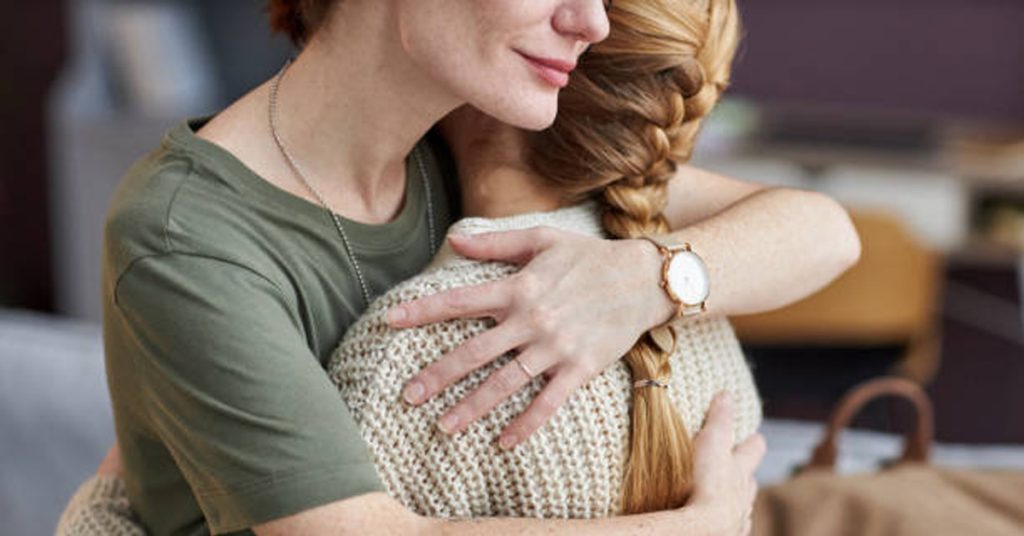

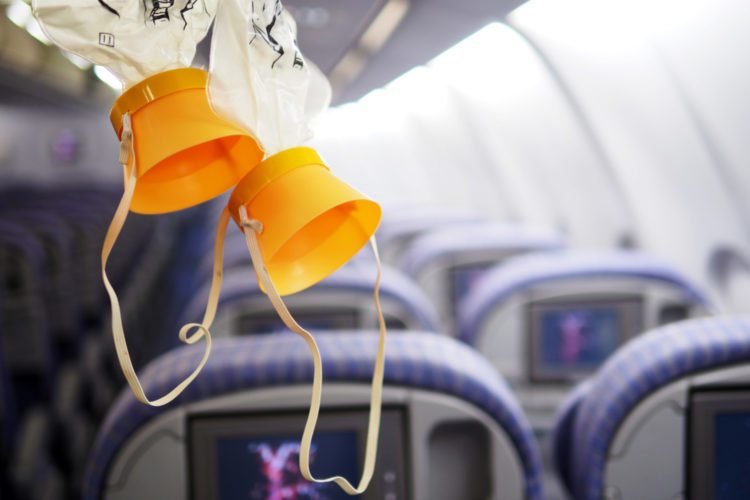
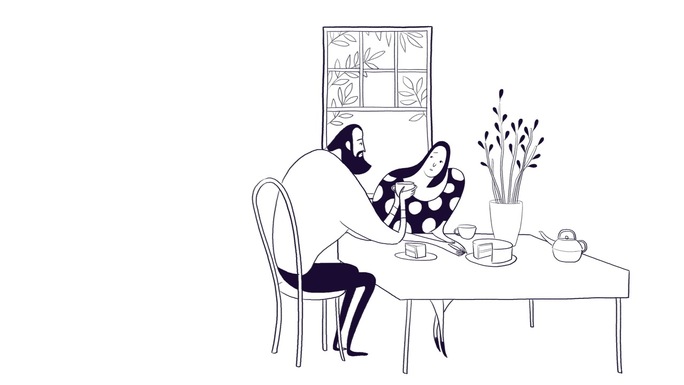
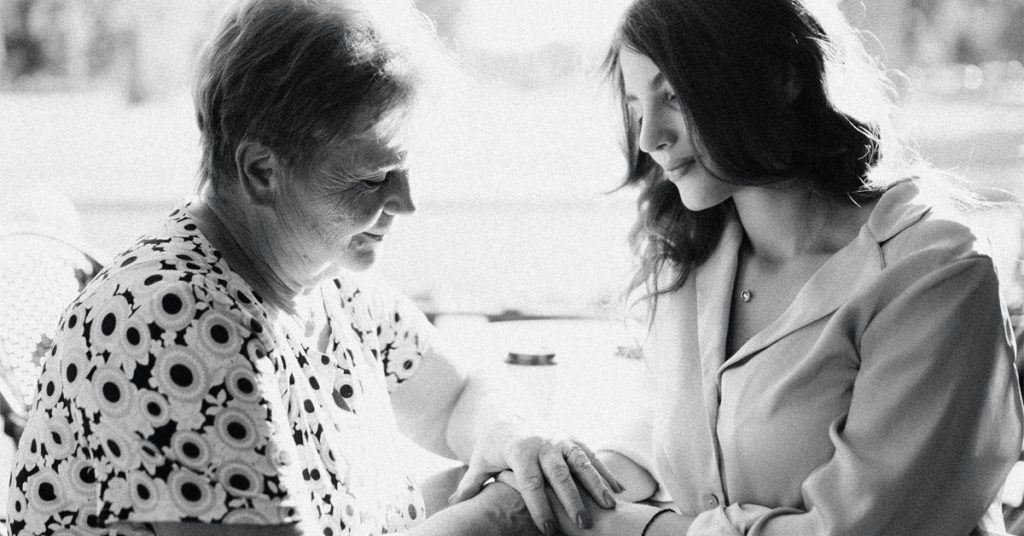

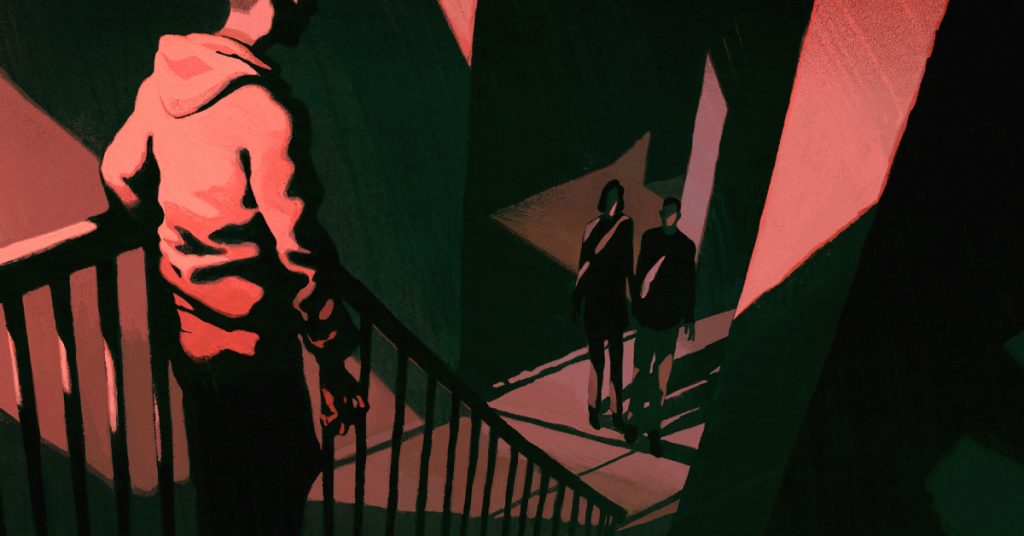
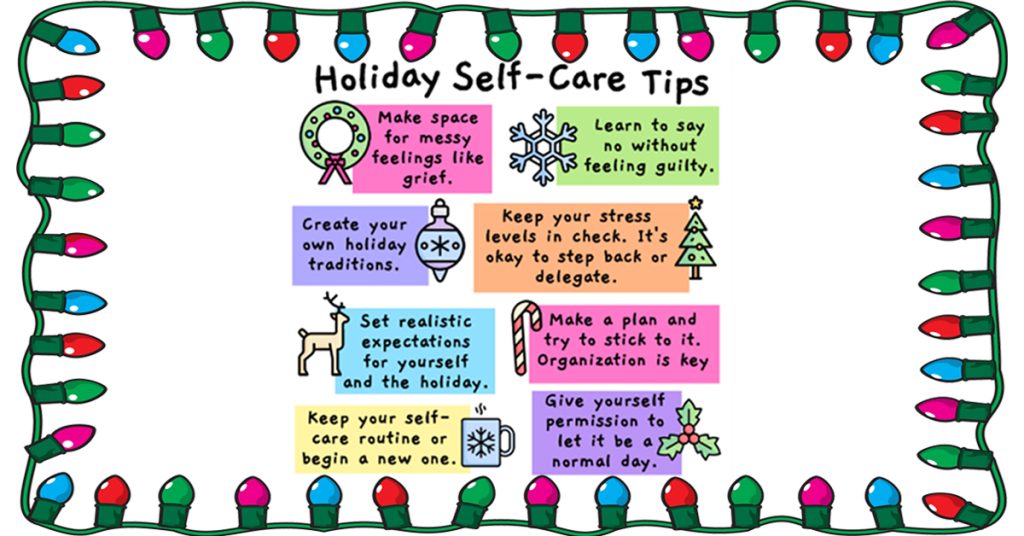





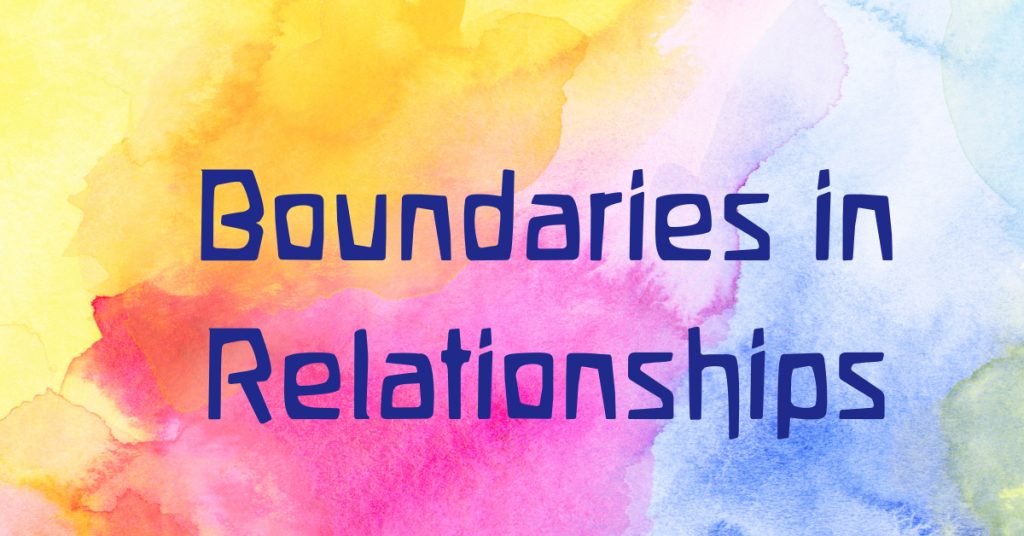

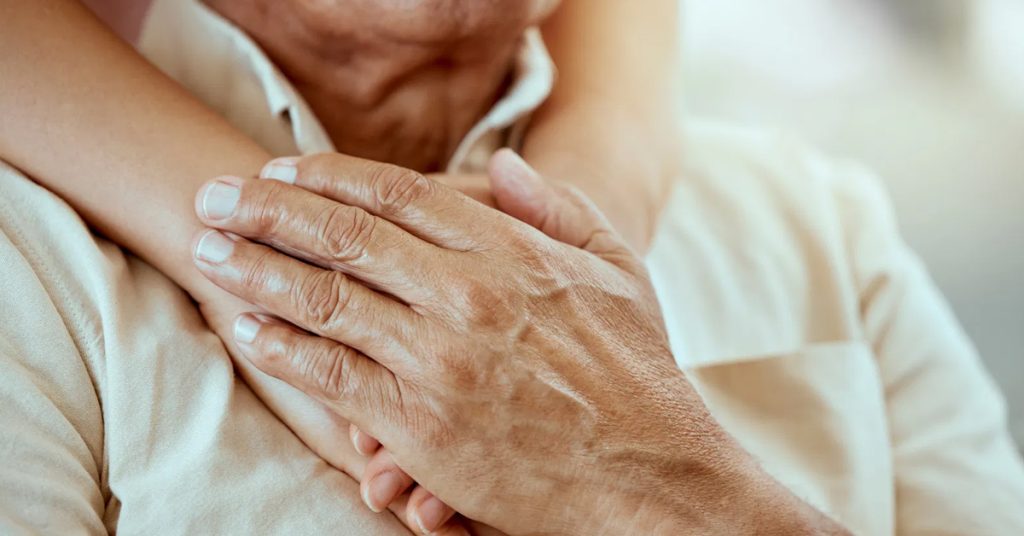
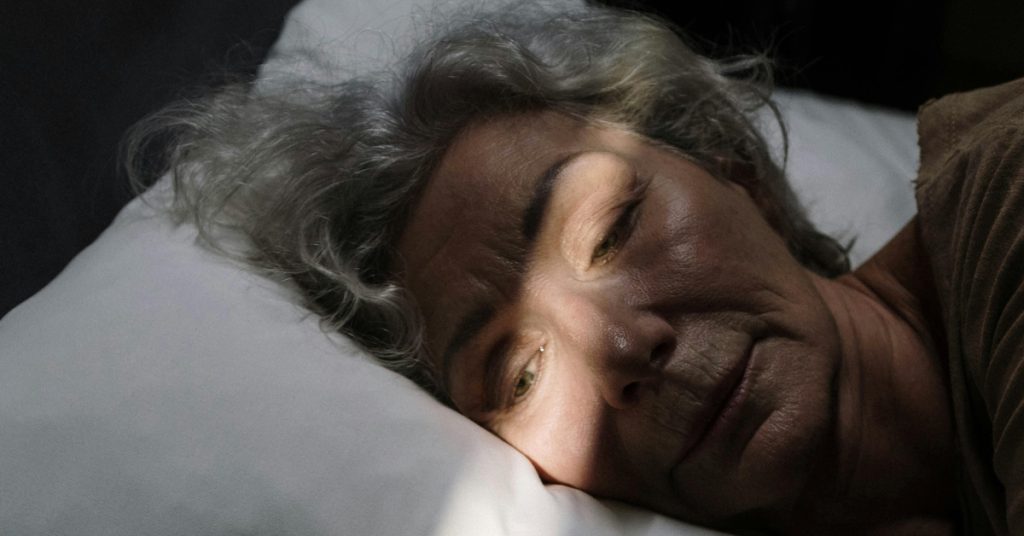
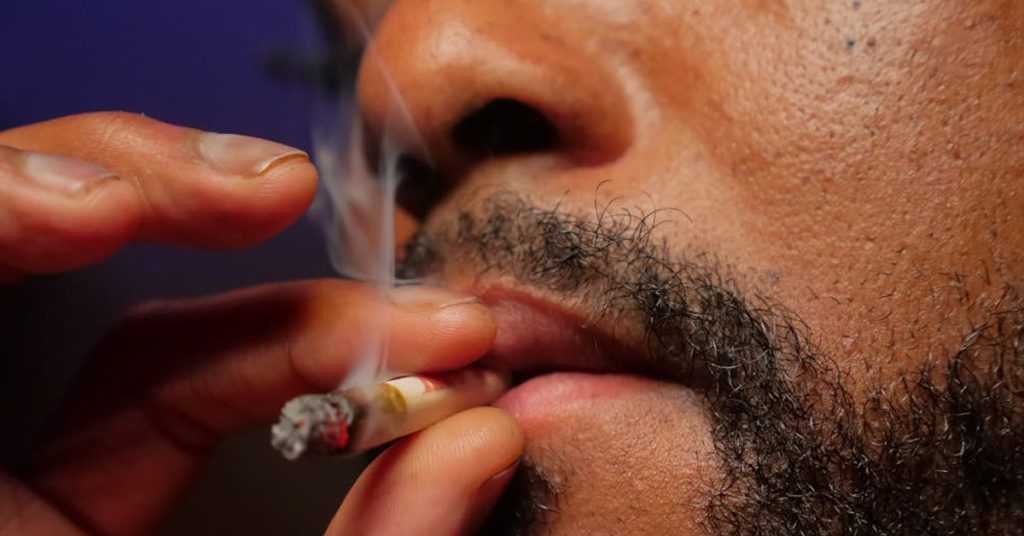

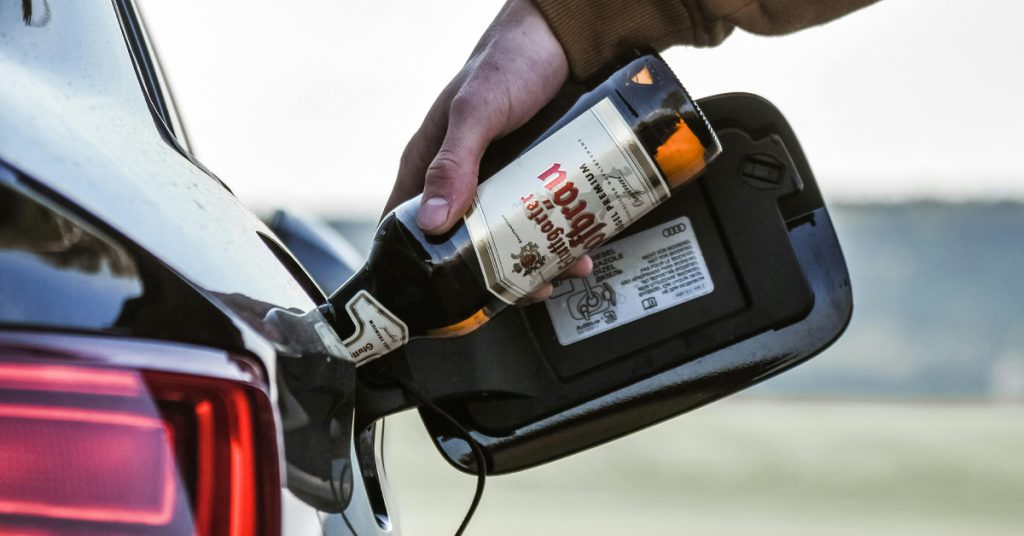
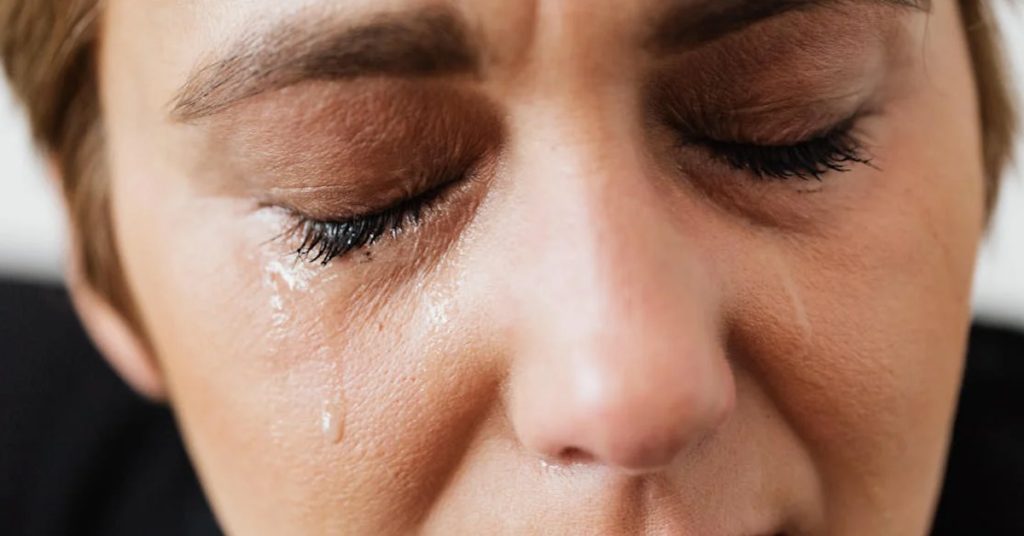

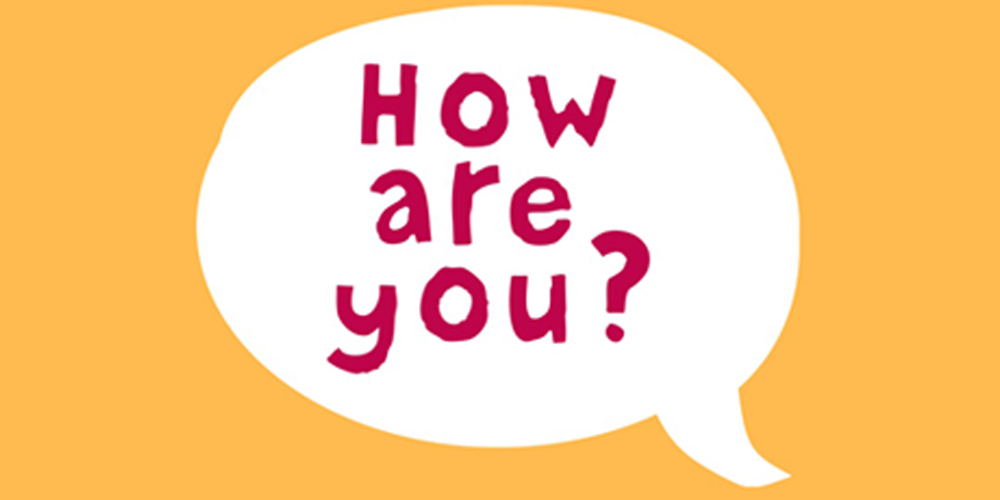
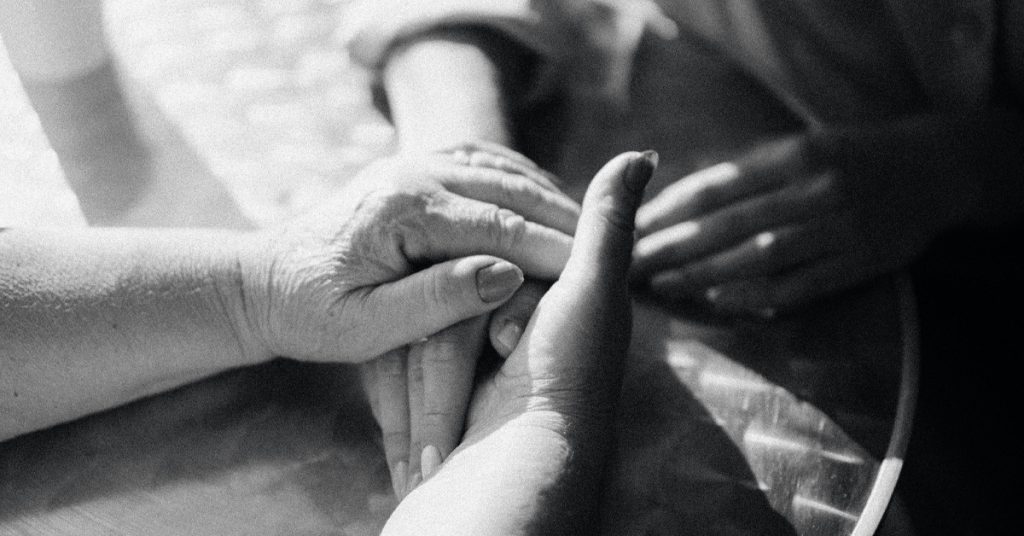
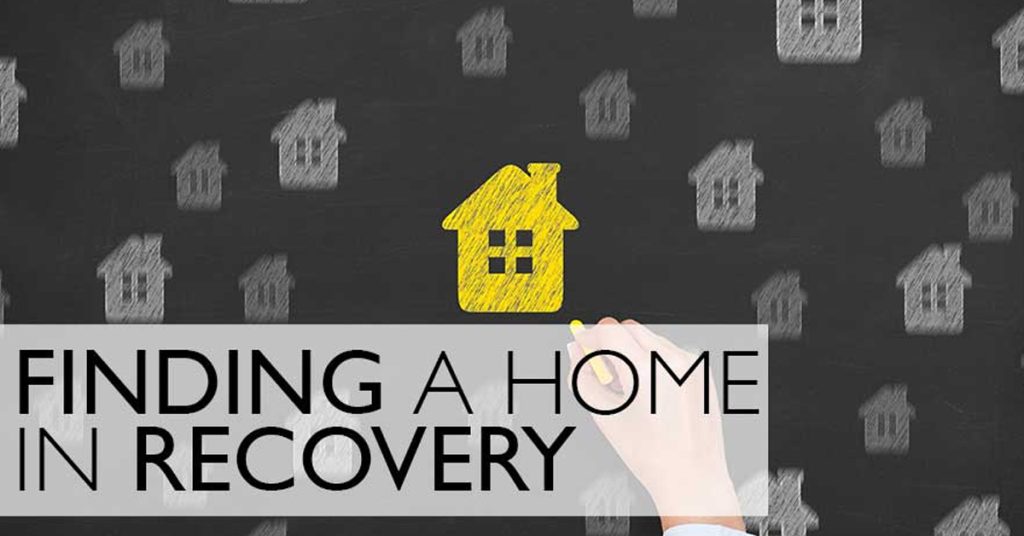
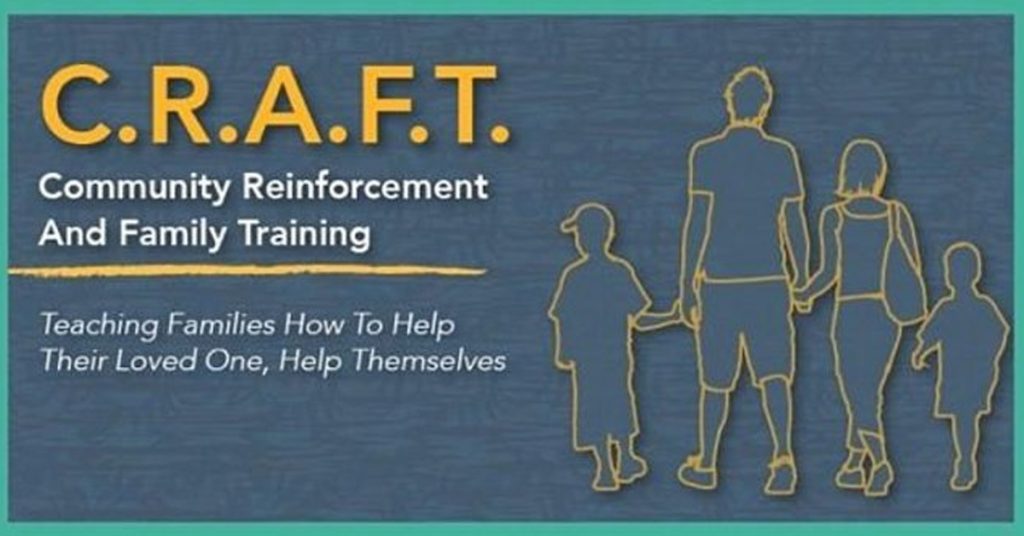
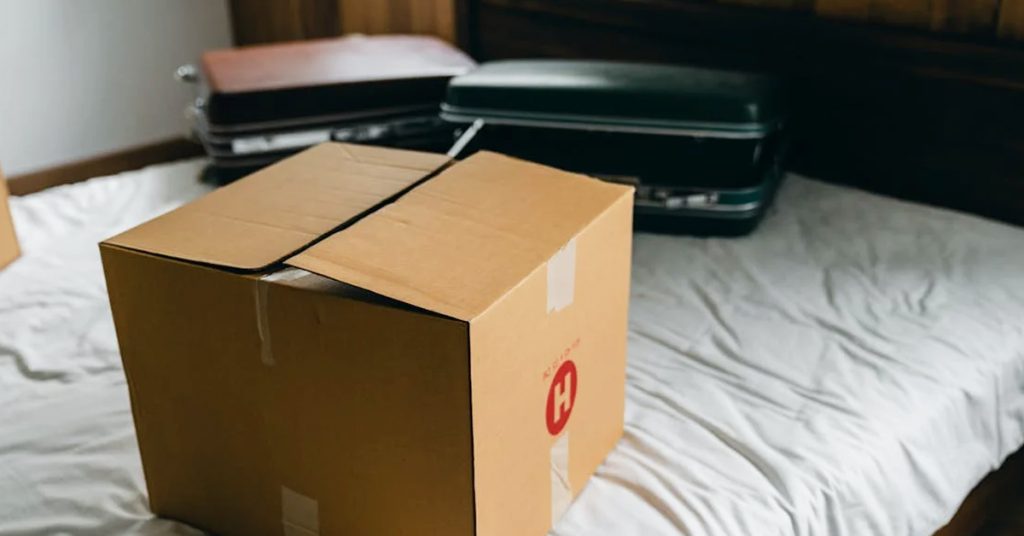

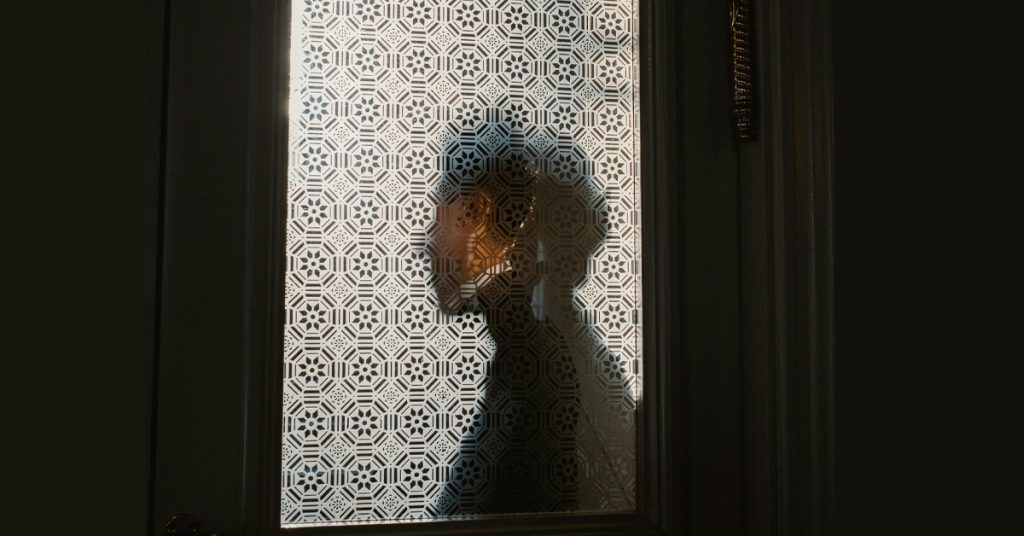
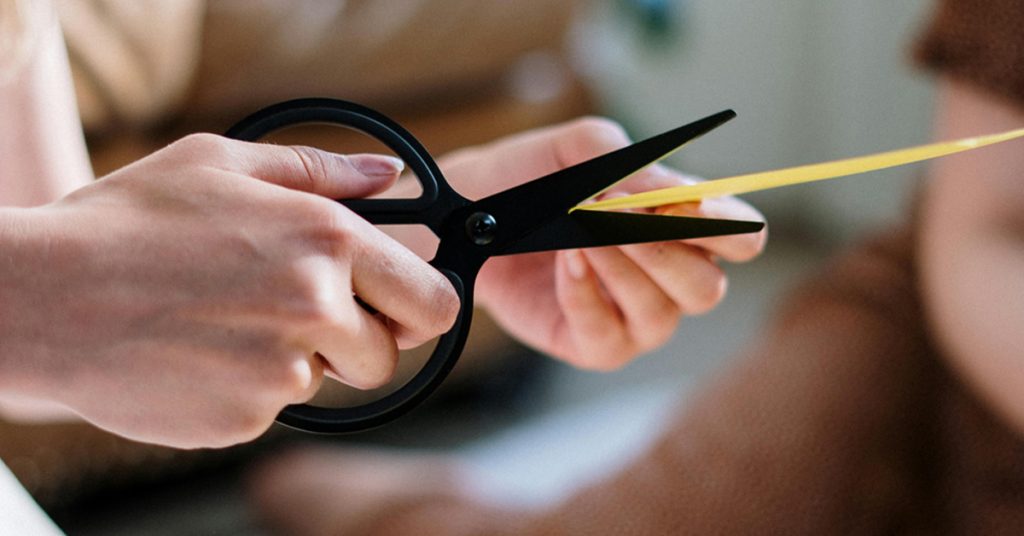



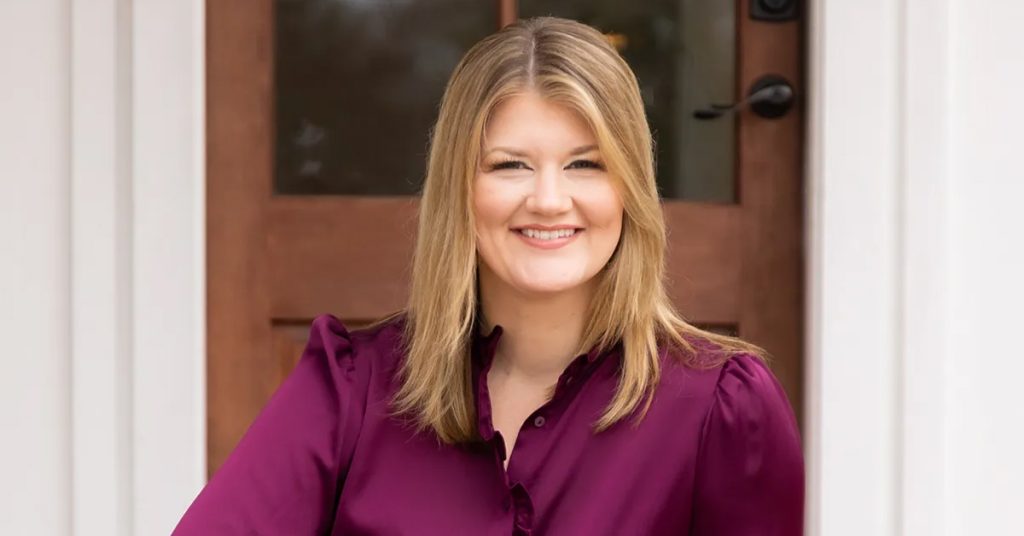
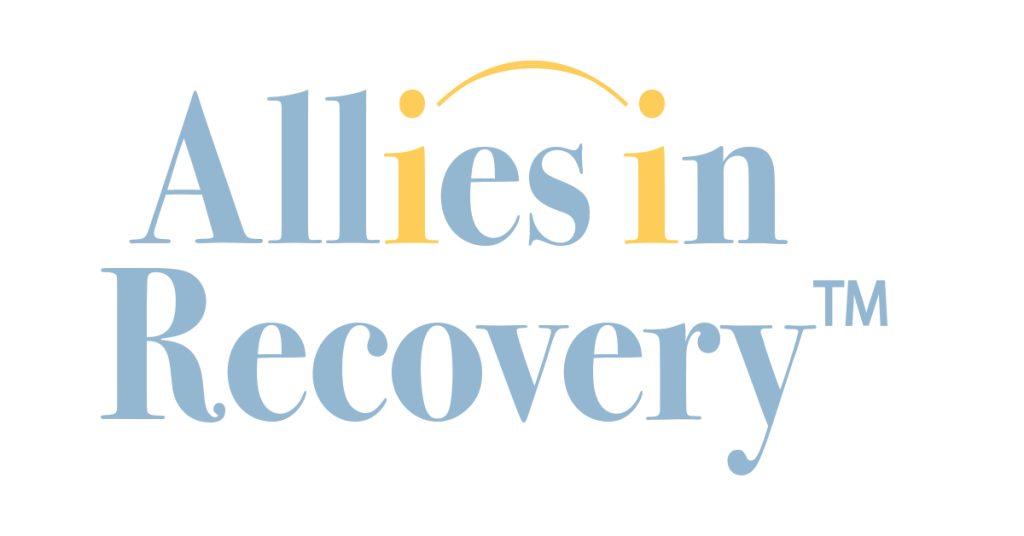

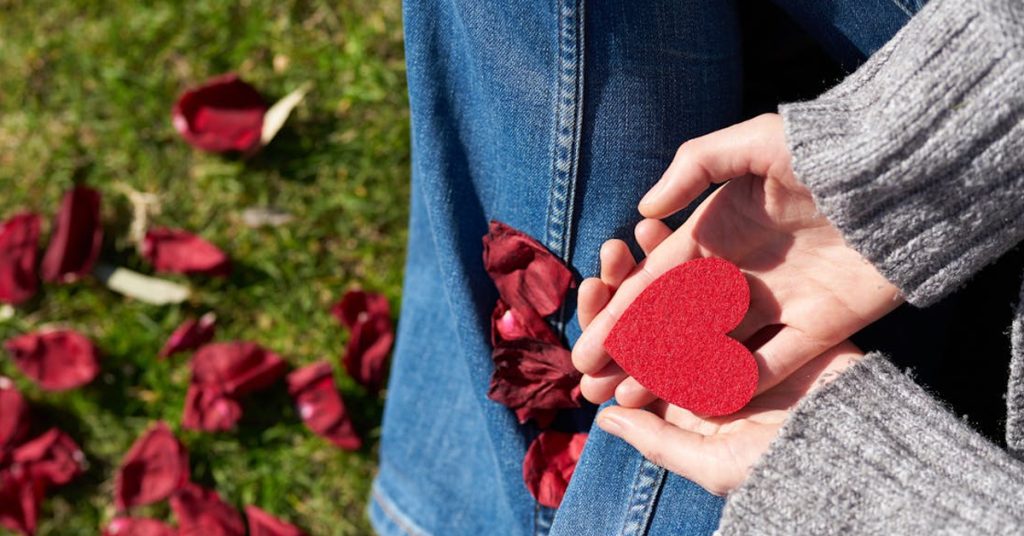
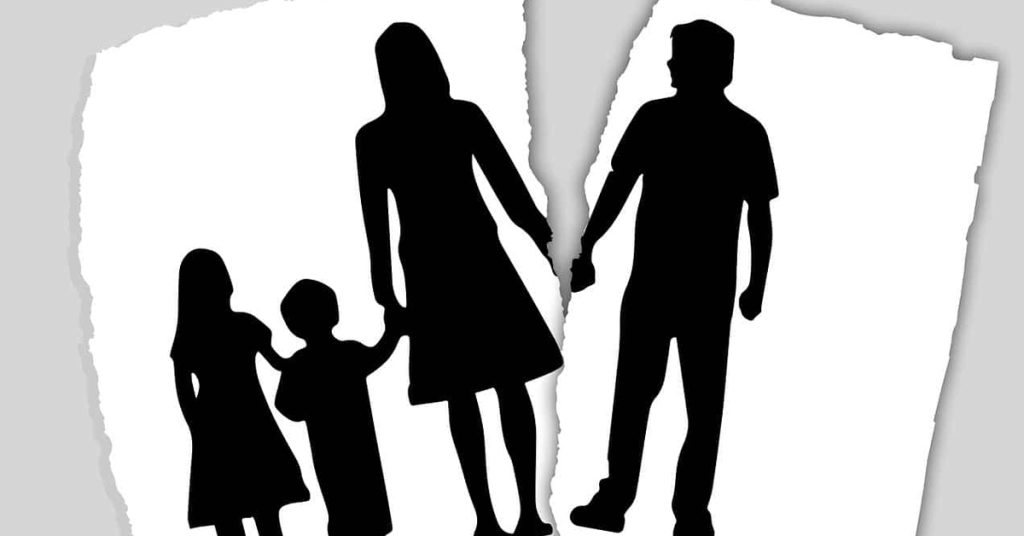
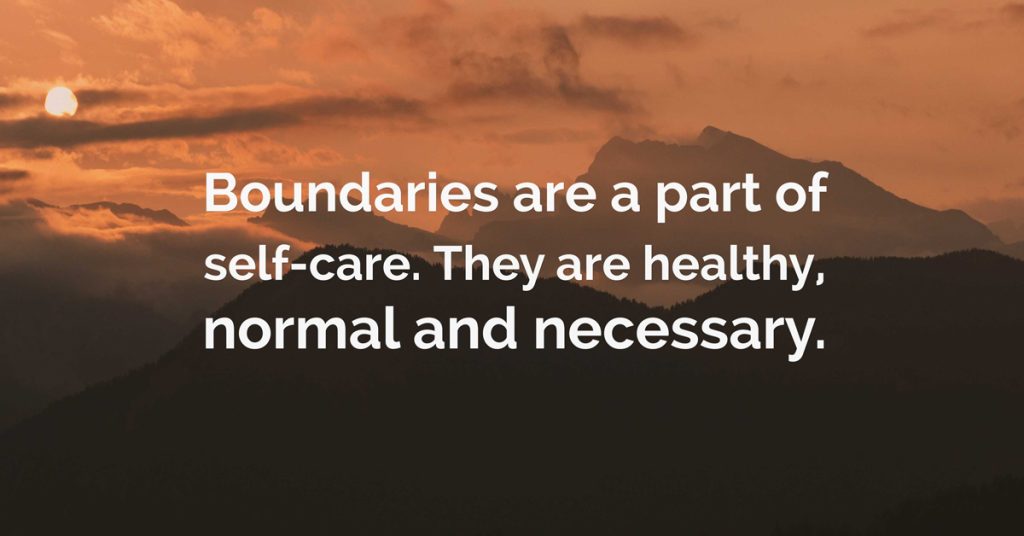



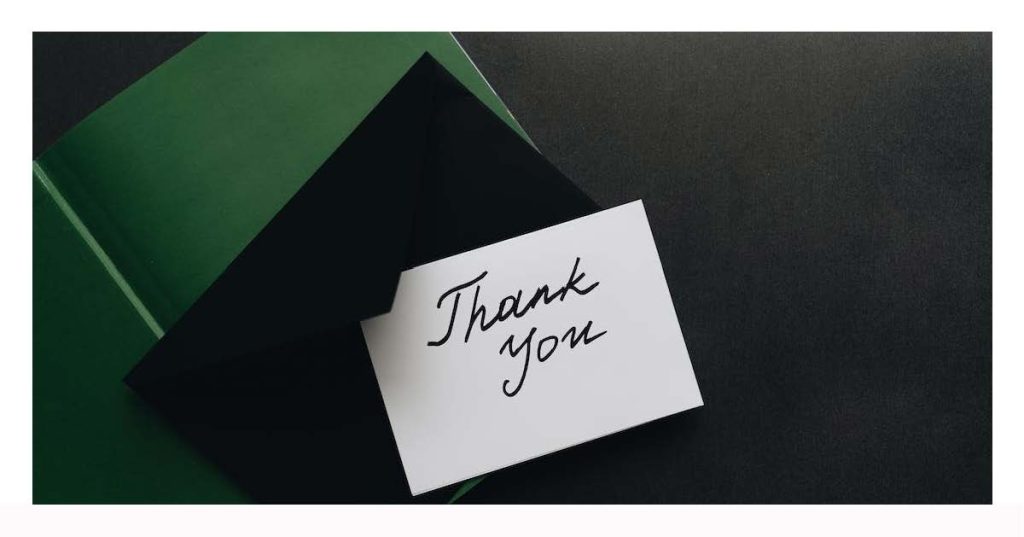
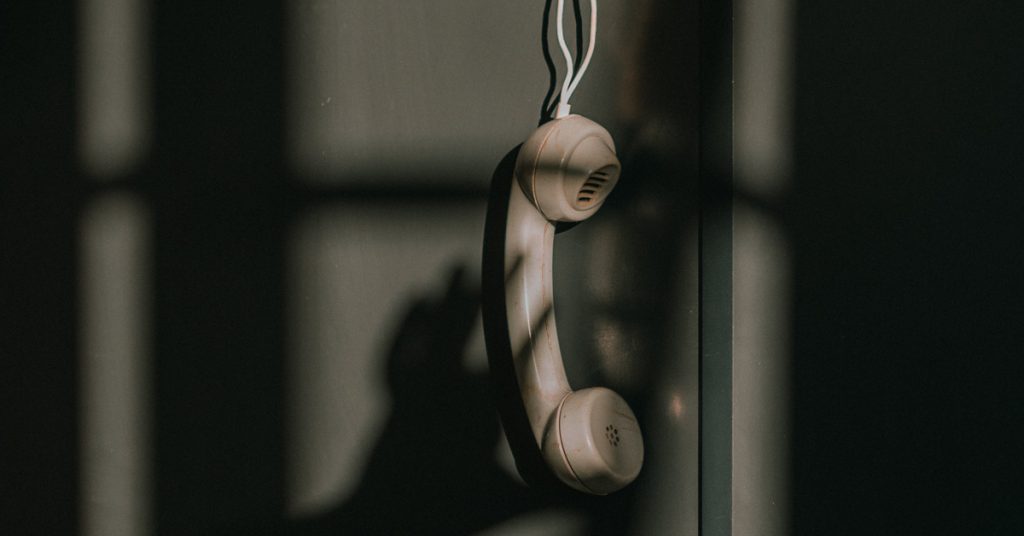

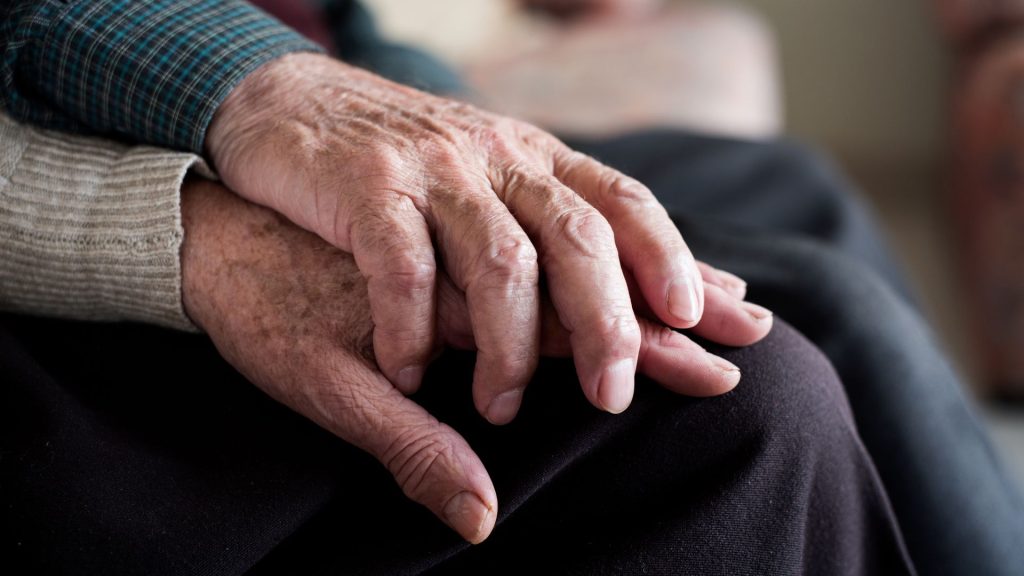

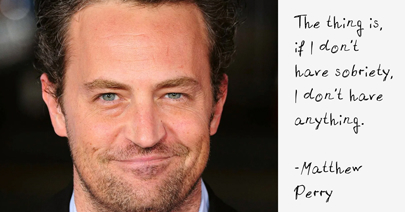


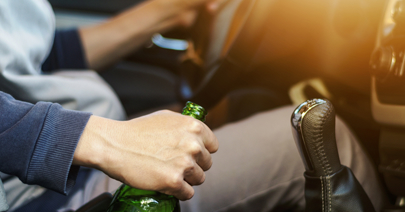
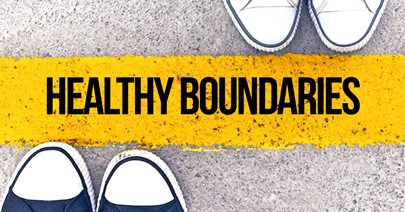

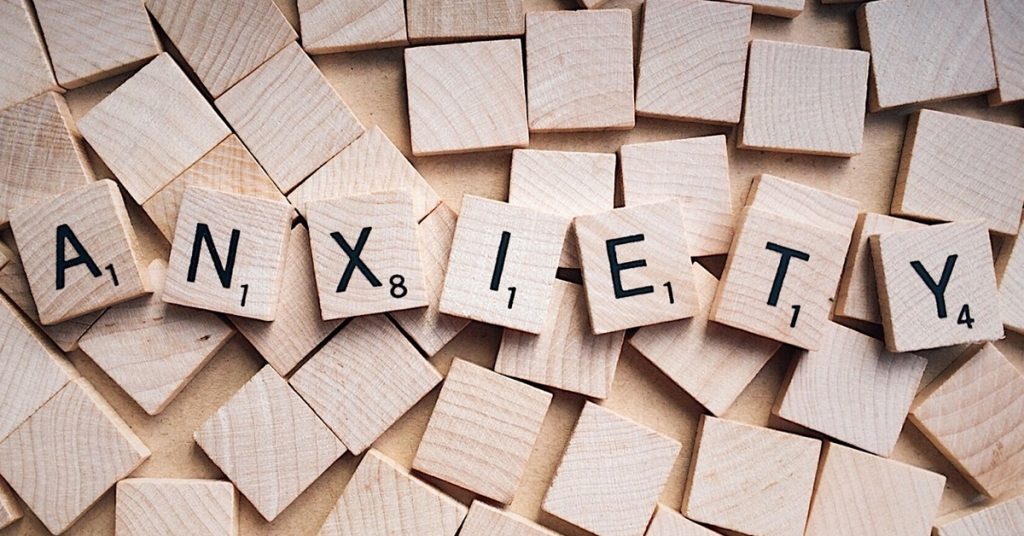
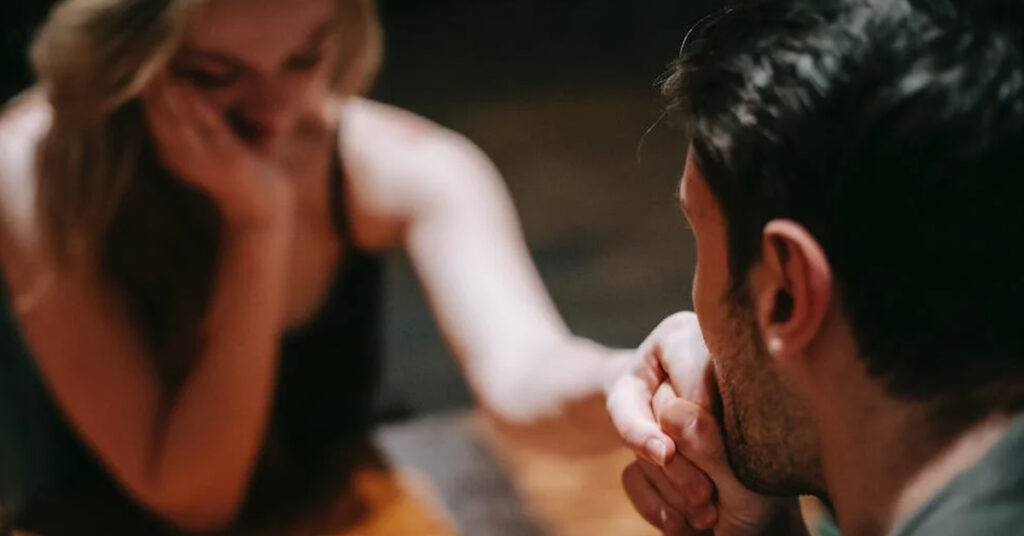
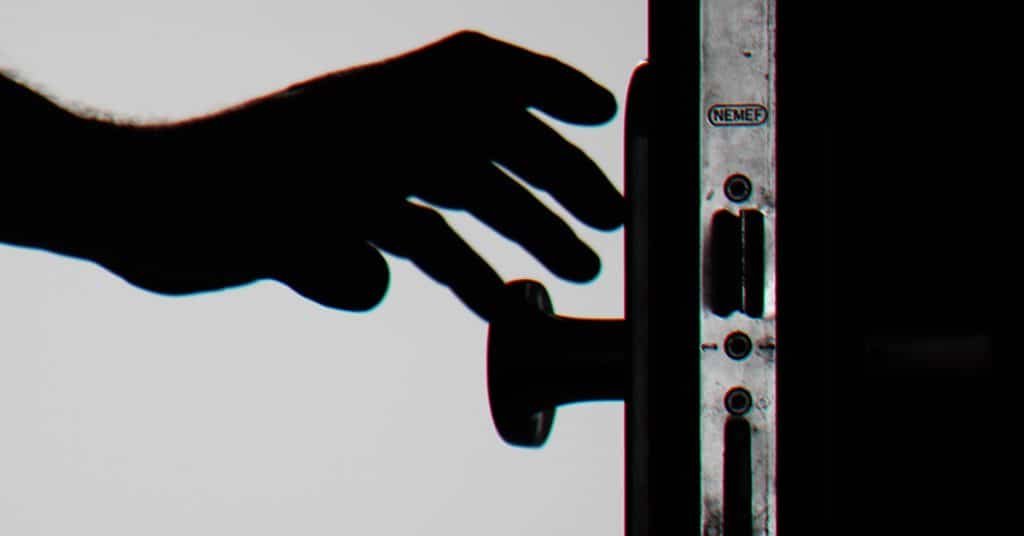
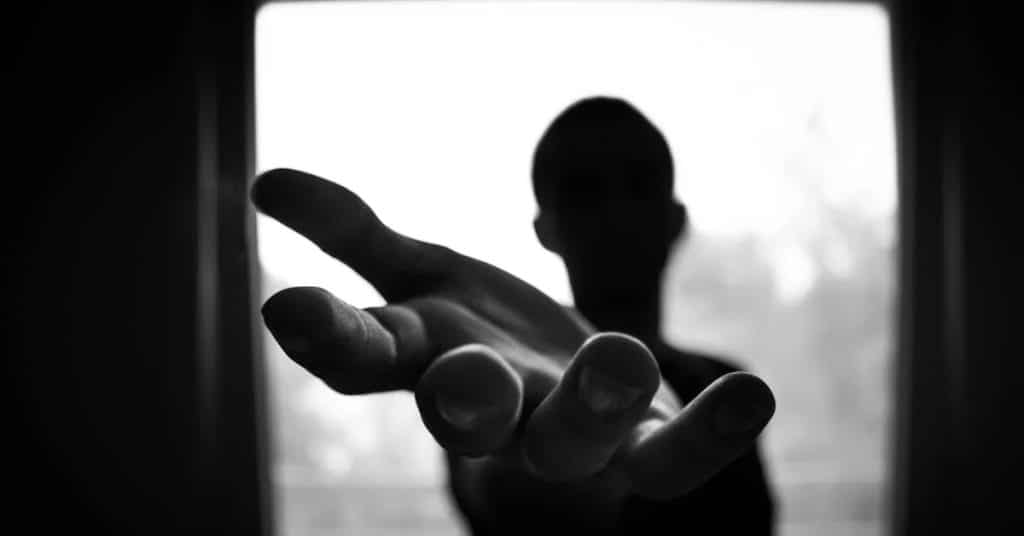

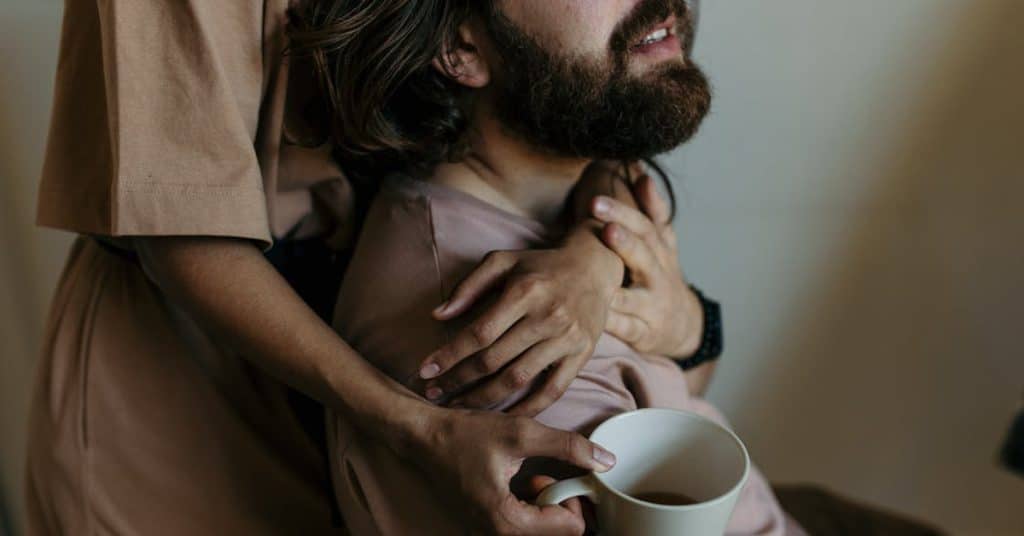
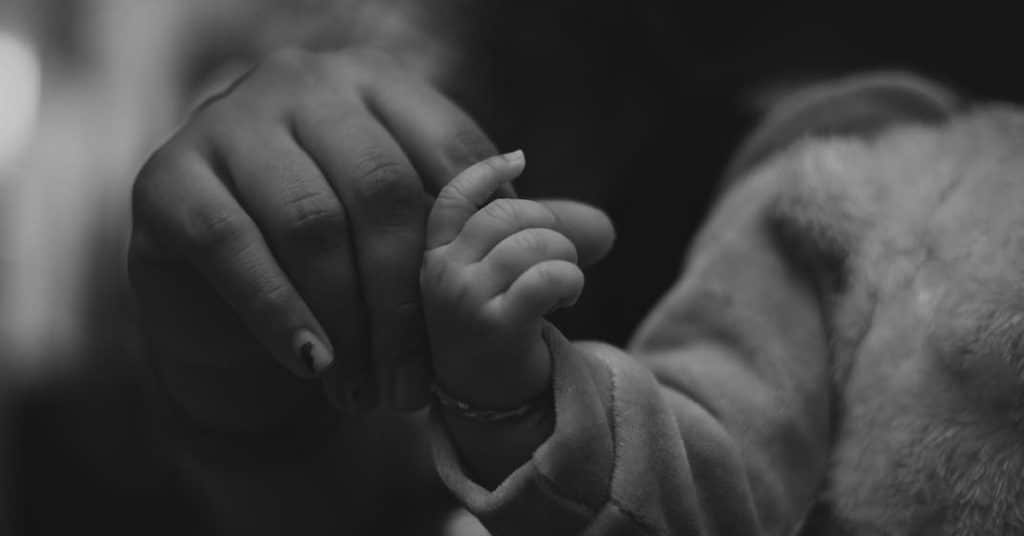
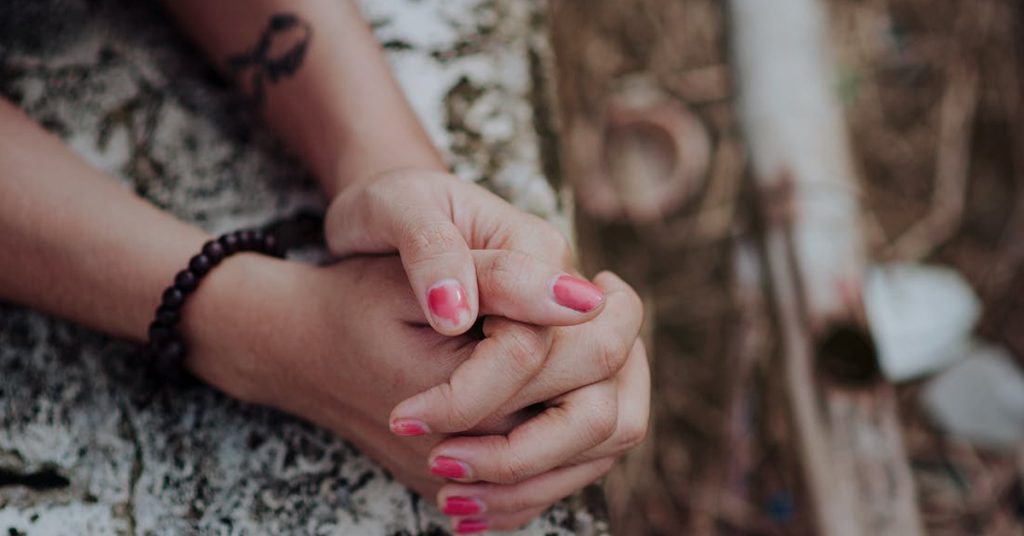
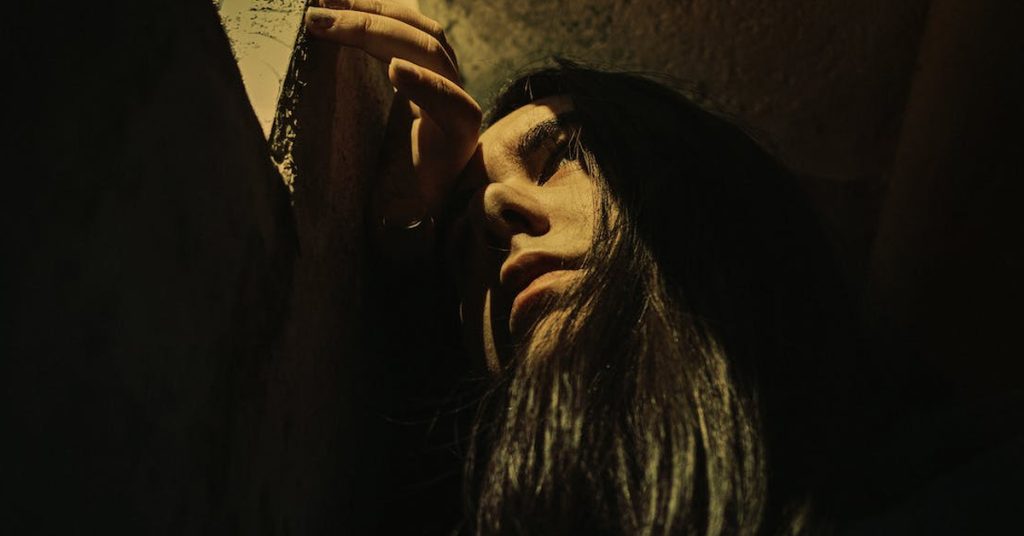
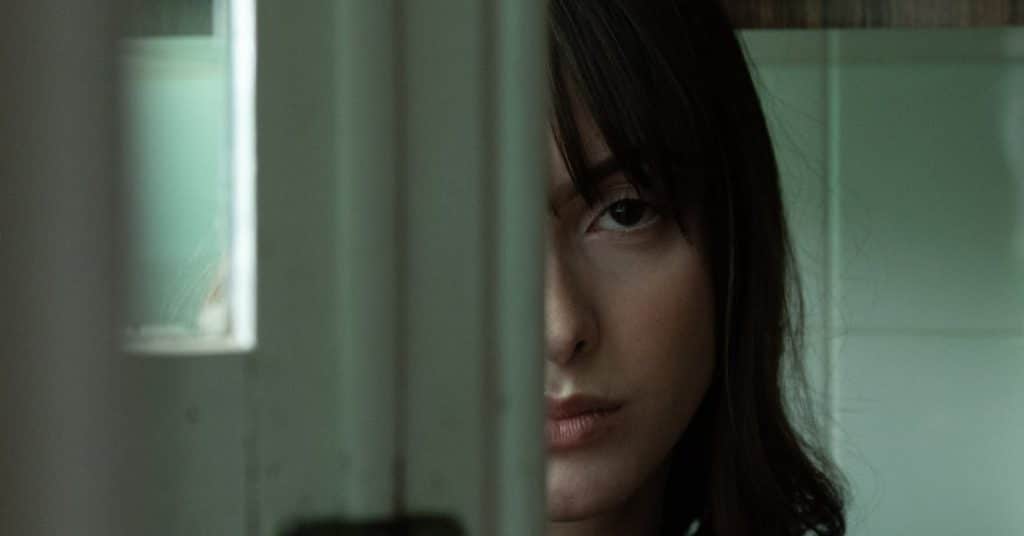
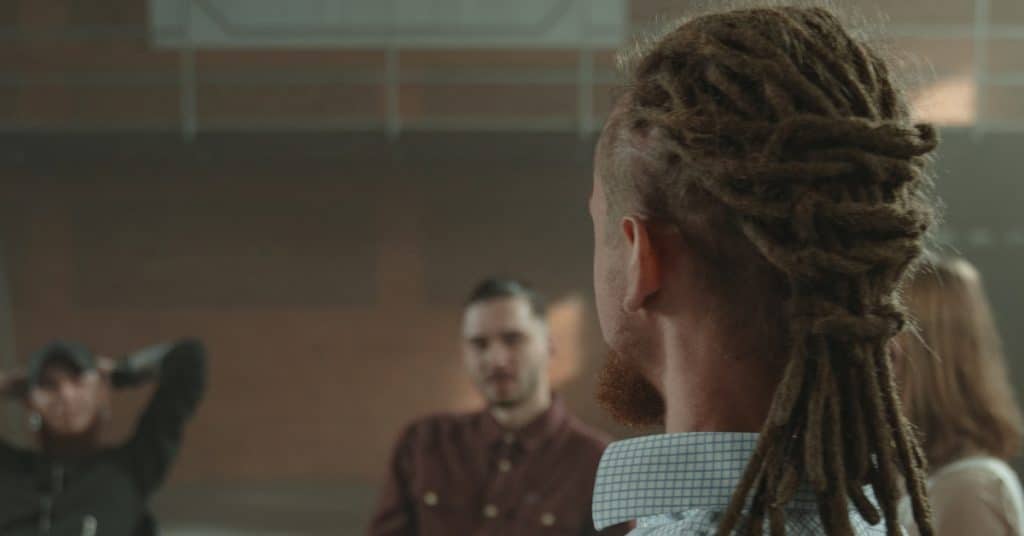



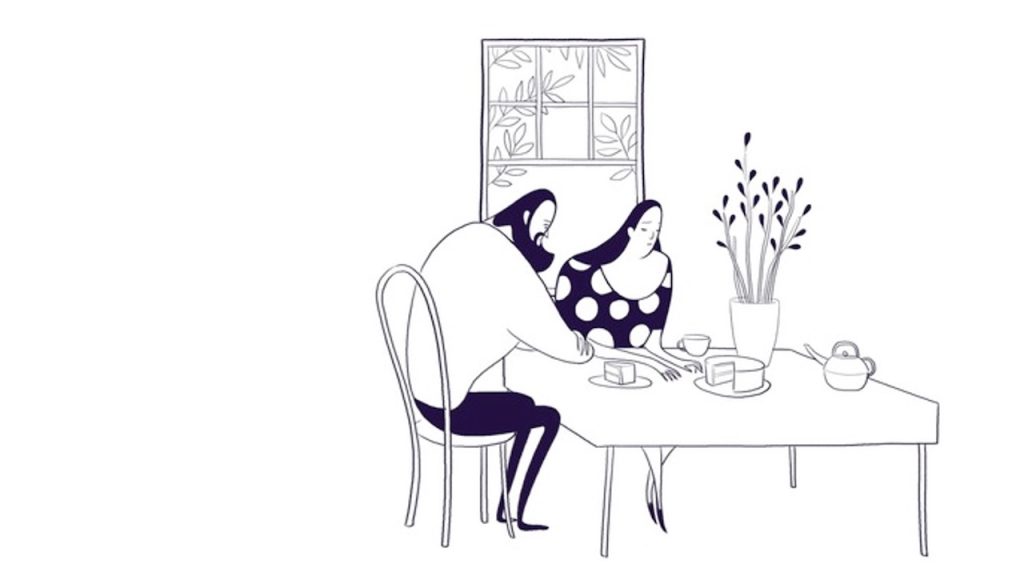



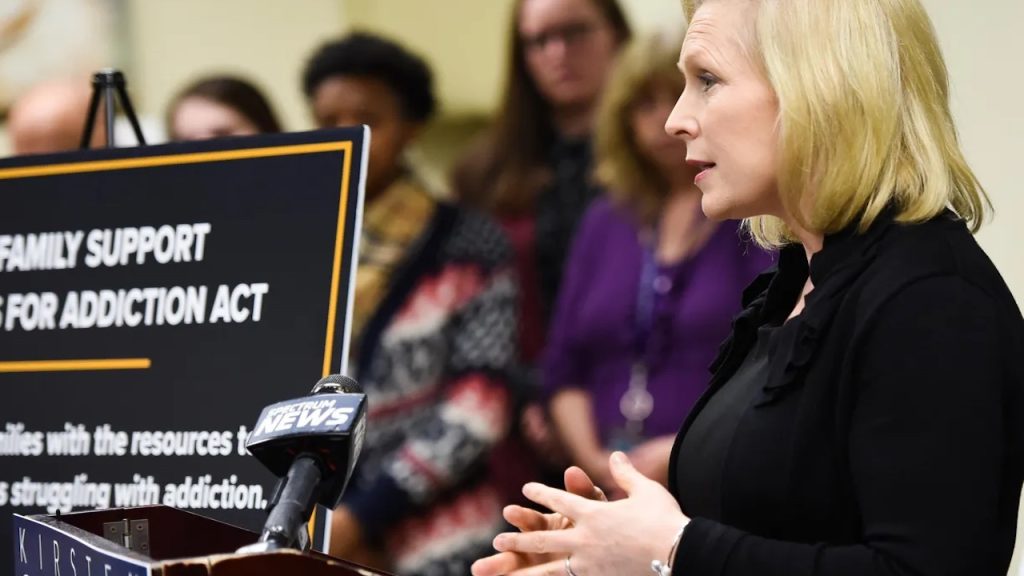

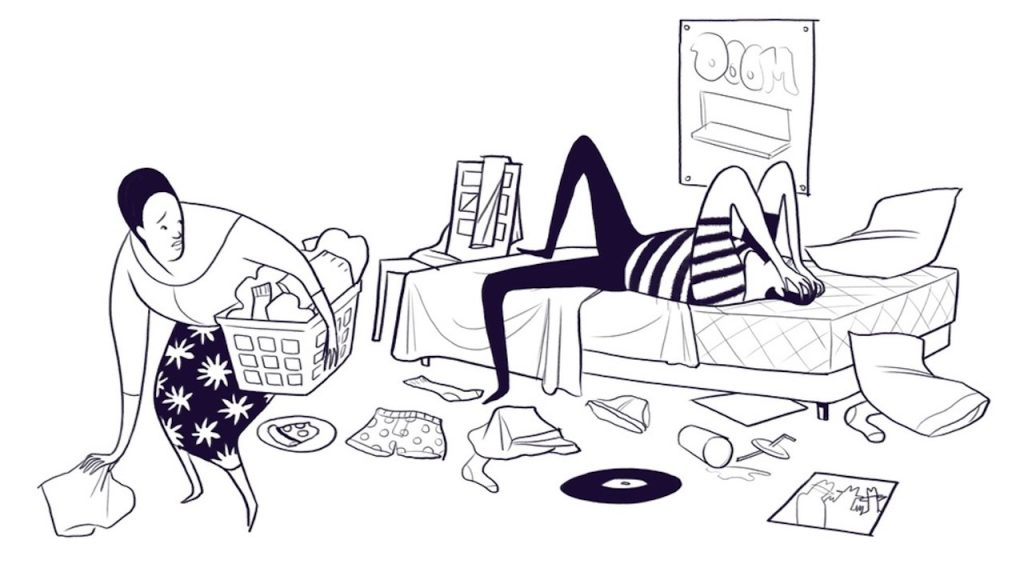
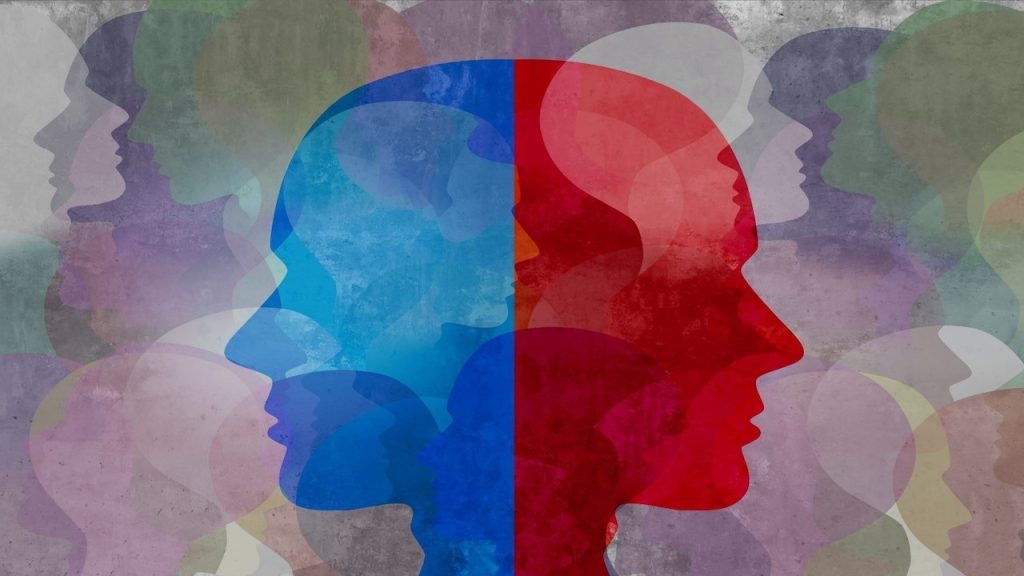

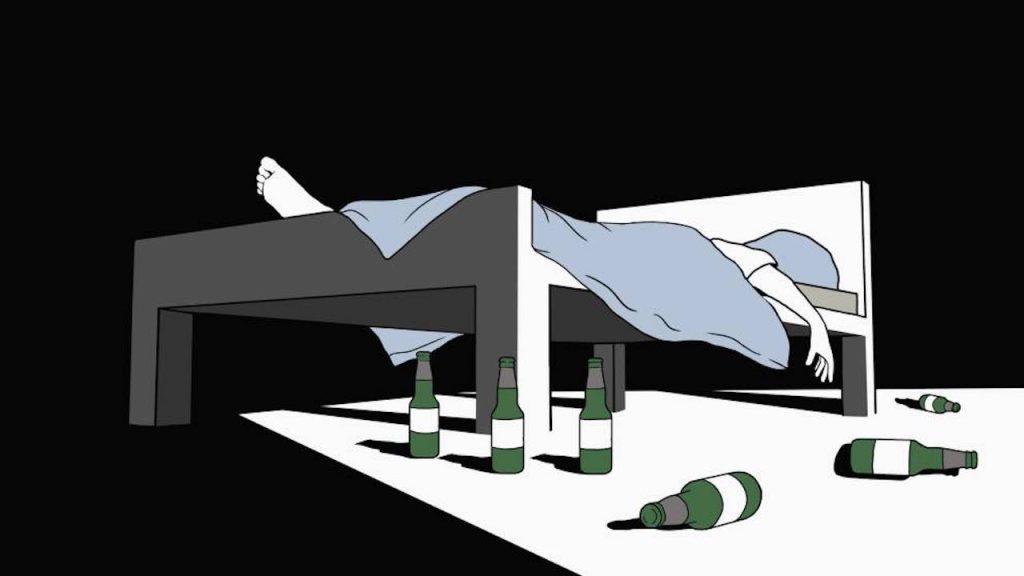



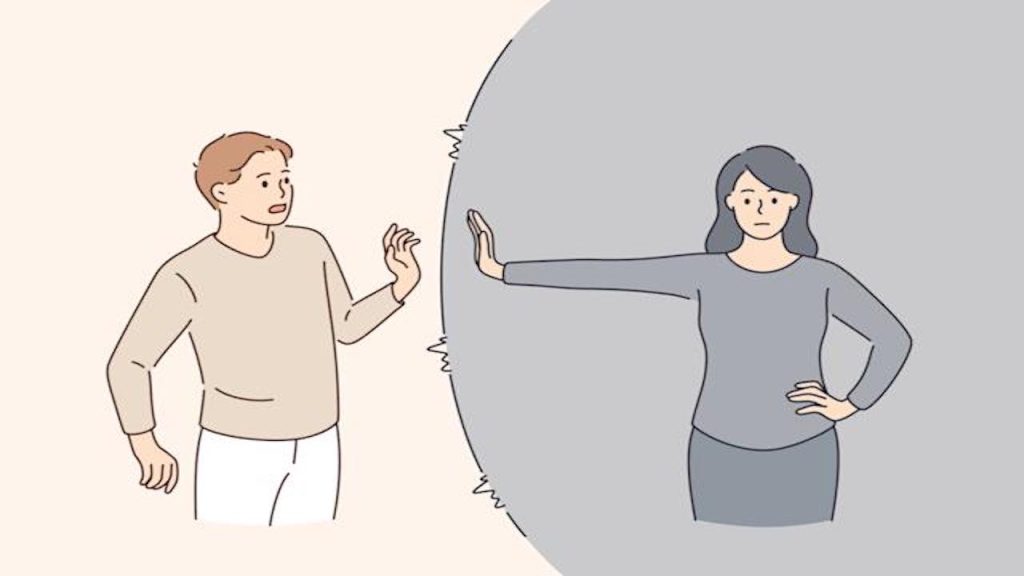

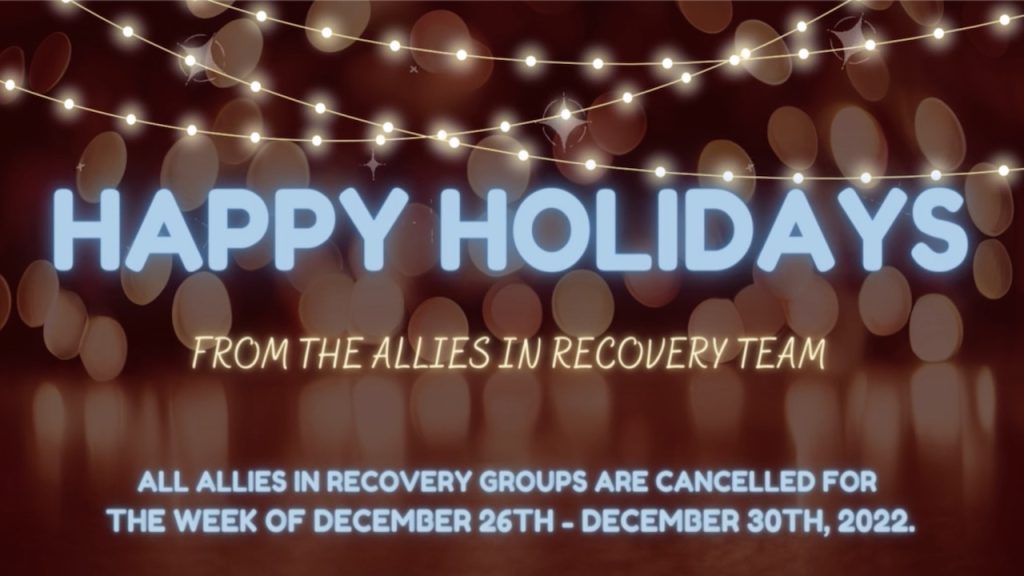
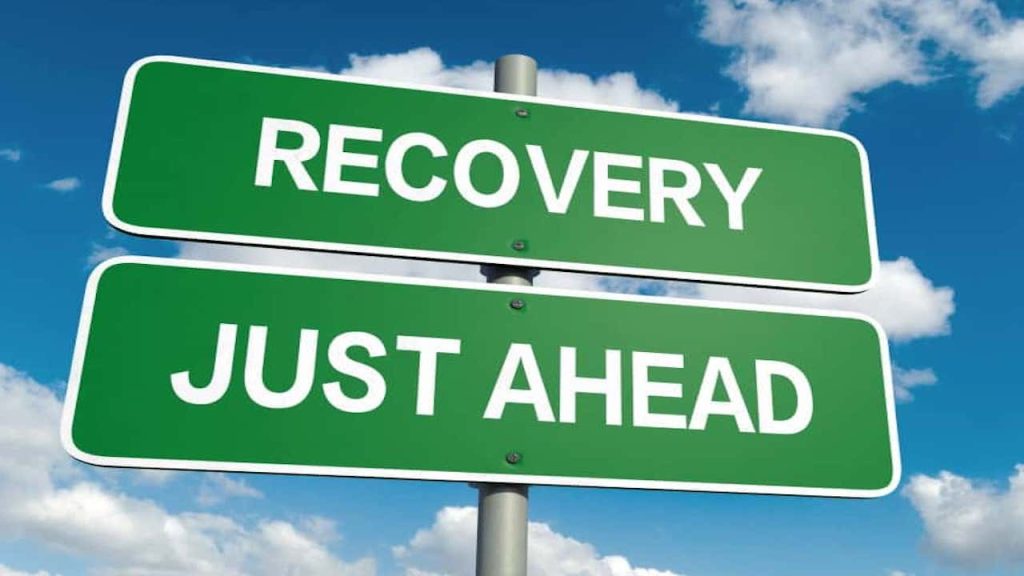
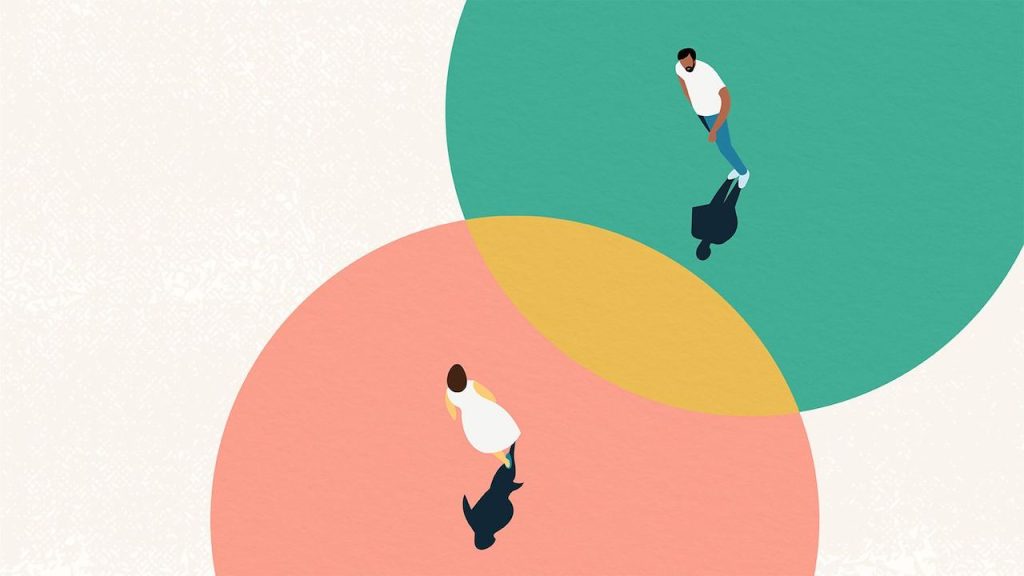

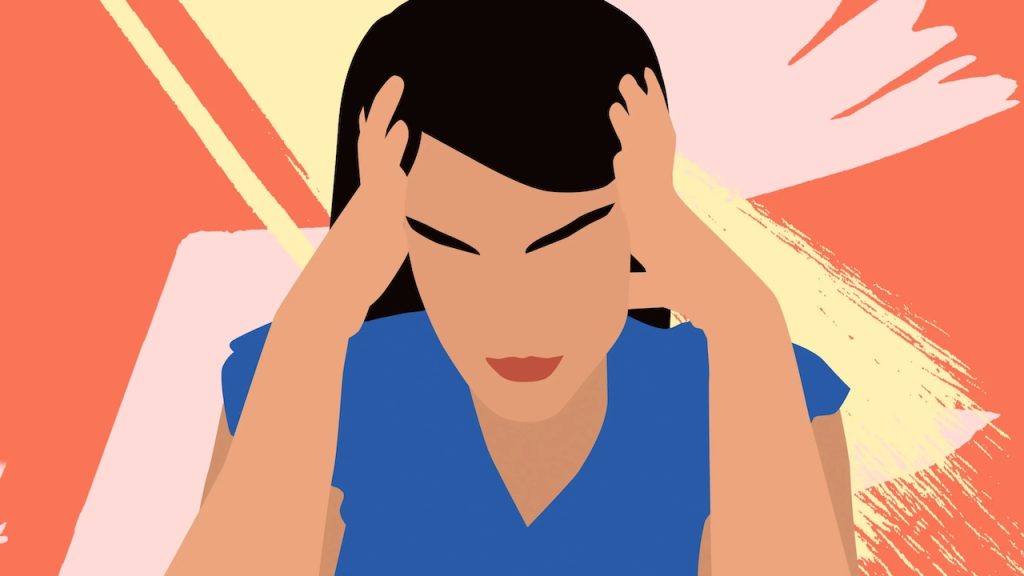
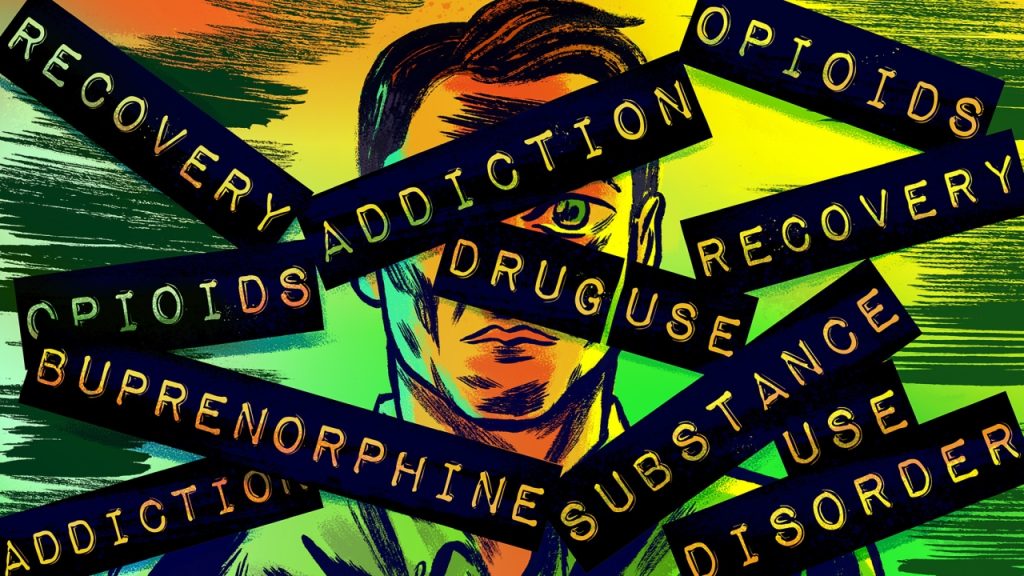


LEAVE A COMMENT / ASK A QUESTION
In your comments, please show respect for each other and do not give advice. Please consider that your choice of words has the power to reduce stigma and change opinions (ie, "person struggling with substance use" vs. "addict", "use" vs. "abuse"...)